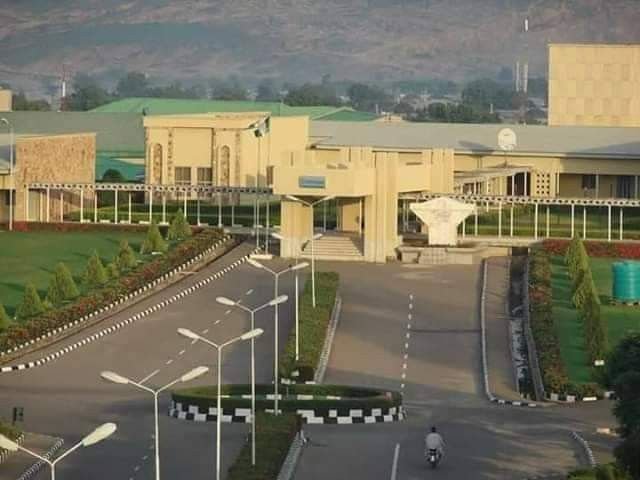Gombe Varsity Hostel Explosion Summary
This tragic incident highlights the severe risks associated with using Liquid Petroleum Gas (LPG) in high-density accommodation like university hostels. The explosion was confirmed to be caused by an LPG cooking gas incident, which happened shortly after the university lifted a ban on their use.
A gas explosion rocked a female hostel annexe at the Gombe State University around 9:30 pm on Thursday, resulting in three students being hospitalized.

Cause and Impact
Cause: The Public Relations Officer of the Federal Fire Service, Gombe Command, Bashir Muazu, confirmed the fire was caused by an LPG (cooking gas) explosion, which preliminary investigation pointed to as “unattended cooking by a student.”
Casualties: No fatalities were recorded. Three students were hospitalized, primarily for anxiety and smoke inhalation from the ensuing inferno.
Context: The incident is particularly concerning as the university had only recently lifted a ban on using gas cylinders in the hostels, having previously restricted students to kerosene stoves due to safety concerns.
Safety Concerns and Official Response
The response to the fire and the prevailing safety measures have been strongly criticized:
Student Blame: Students complained about the handling of the incident, claiming the fire could have been quickly contained if the school’s fire service facilities were “functioning well.”
Fire Service Advisory: The State Controller of the Federal Fire Service, DCF S.M. Sulaiman, has officially advised the university management to immediately reinstate the ban on LPG cylinders to prevent future disasters and enhance fire safety measures. The university management has not yet issued a formal response.

Educational Insight: The Dangers of LPG in Confined Spaces
The Gombe University explosion serves as a stark reminder of the safety hazards associated with using LPG in multi-occupancy buildings:
Flammability: LPG, being heavier than air, tends to pool in low areas near the floor or in poorly ventilated spaces when it leaks. This creates an invisible layer of highly flammable gas that can be ignited by any spark (e.g., flipping a light switch, a faulty plug, or a stove pilot light).
Rapid Expansion: Unlike slow-burning fires, a gas explosion involves a rapid increase in volume and a pressure wave, which causes structural damage and can lead to immediate engulfment in flames, providing minimal time for evacuation.

Hostel Risk: In a hostel setting, multiple gas cylinders increase the risk of a leak, and the high-density accommodation means an incident can affect dozens of students simultaneously. This is why many educational institutions strictly limit or prohibit the use of LPG cylinders in dormitories.
Join Our Social Media Channels:
WhatsApp: NaijaEyes
Facebook: NaijaEyes
Twitter: NaijaEyes
Instagram: NaijaEyes
TikTok: NaijaEyes
READ THE LATEST ENTERTAINMENT NEWS




